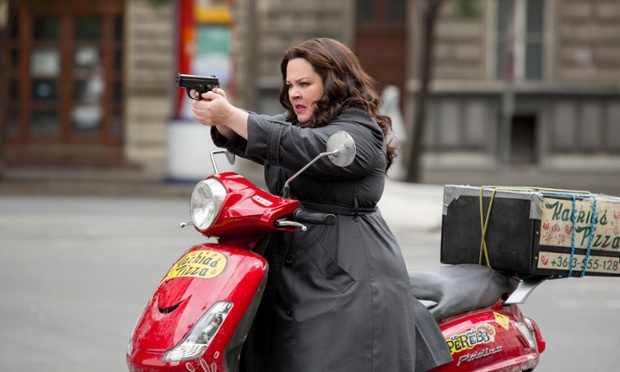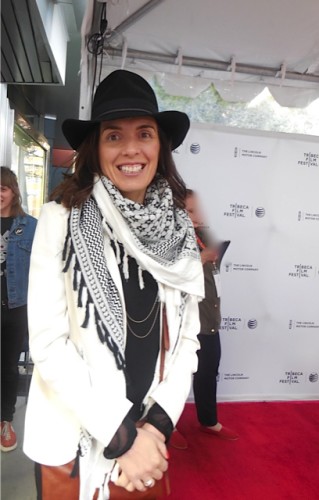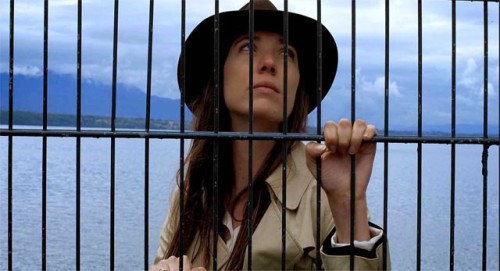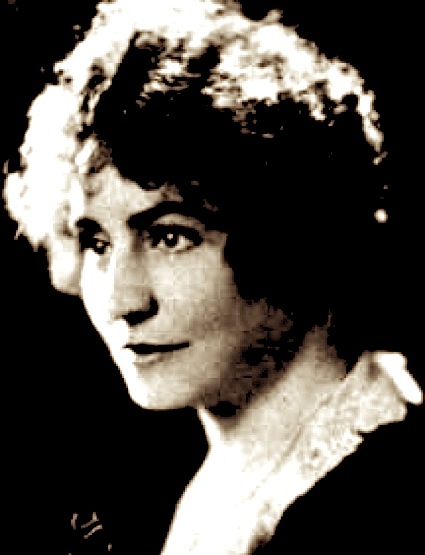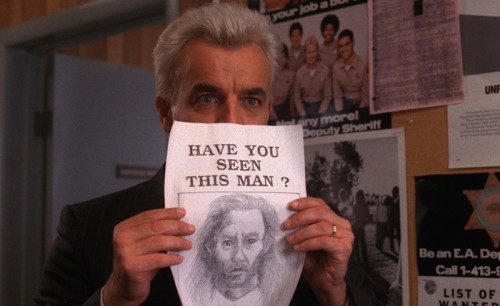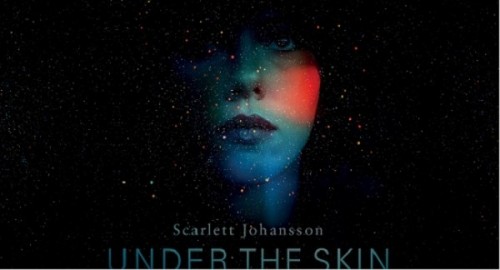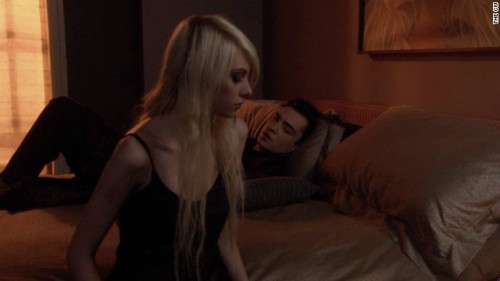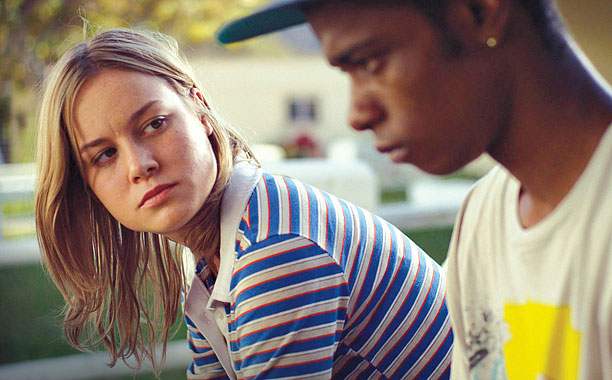‘Amy’: Our Love Didn’t Do Her Any Favors
Mainstream media loves to watch when a famous woman–Courtney Love, Britney Spears, Lindsay Lohan–breaks down in public. The posts and articles all feign “concern” but what they really do is exploit the problems of these women for clicks. Perhaps the most extreme recent example is Amy Winehouse, whose single “Rehab” was climbing up the charts at the same time that the paparazzi (particularly dogged and shameless in her native England, where tabloids have illegally hacked celebrity phones) captured her worsening alcoholism and addiction.

